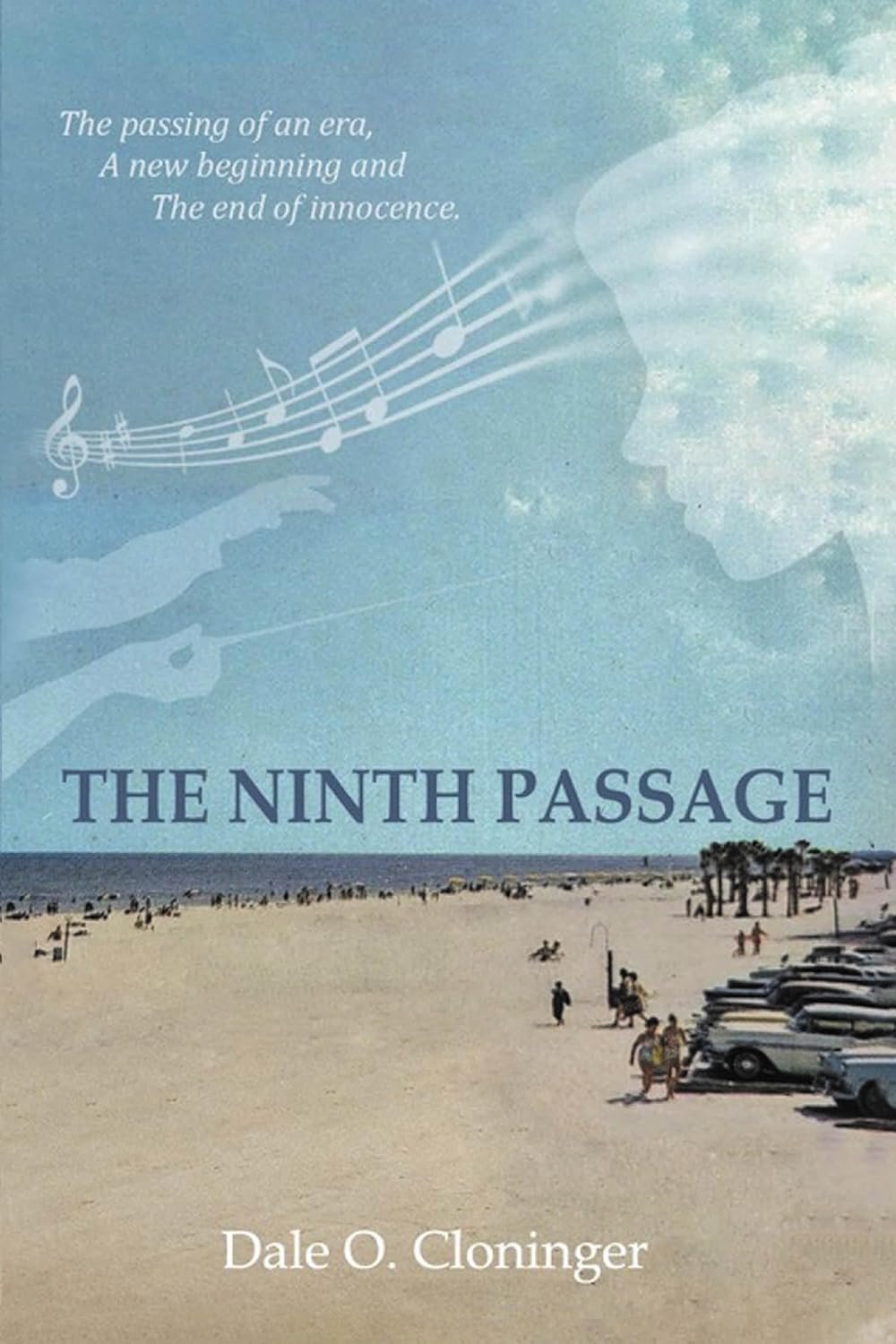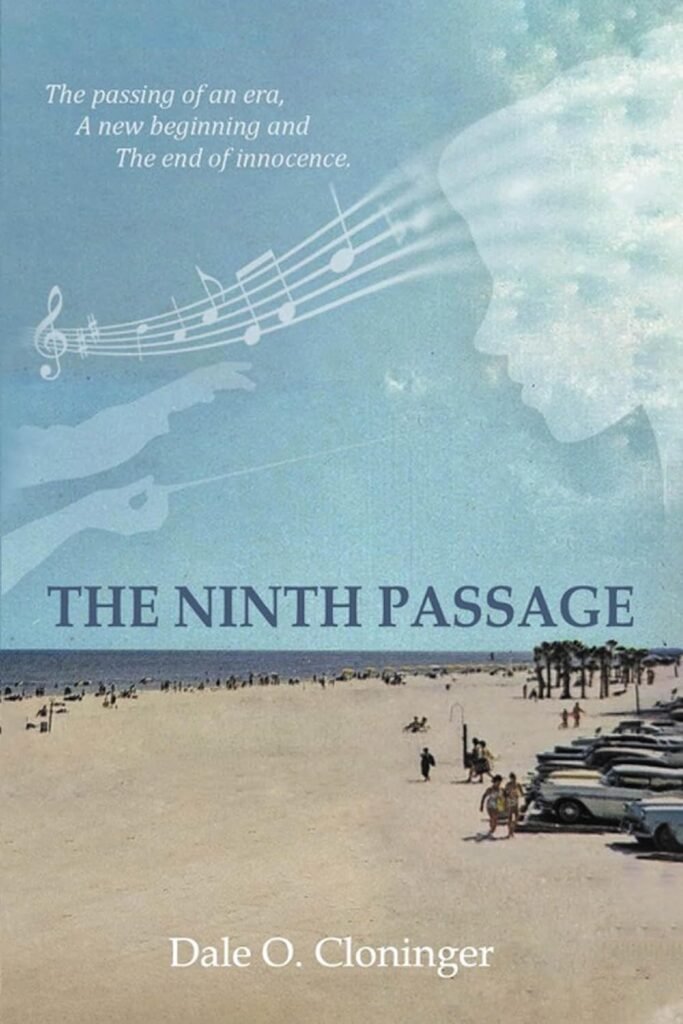The Ninth Passage” by Dale O. Cloninger is a captivating historical fiction novel that delves into the complexities of human relationships, the power of music, and the consequences of forbidden love. Set in the 1950s Florida, the story follows the protagonist, Alec Driver, a World War II veteran turned choir teacher, as he navigates the upheavals of small-town life and scandal.
The novel is deeply rooted in historical events and explores the aftermath of World War II on individuals and society as a whole. Alec Driver, a man haunted by his wartime experiences, finds solace and purpose in music, particularly in teaching a high school choir. His passion for music draws him into a forbidden romance with Tracy Ashbury, a talented student, which sparks outrage and scandal in their conservative community. As their relationship progresses and eventually culminates in marriage, the couple must face the consequences of their actions and navigate the complexities of love and commitment.
One of the central themes of the book is the transformative power of music. Through Alec’s role as a choir teacher and the choir’s performance of Beethoven’s Ninth Symphony, the novel beautifully depicts how music has the ability to bring people together, heal emotional wounds, and inspire change. Music serves as a catalyst for Alec and Tracy’s relationship, shaping their journey and leading them towards redemption and forgiveness.
Moreover, “The Ninth Passage” delves into the theme of forbidden romance and community scandal, shedding light on the societal norms and expectations that govern individual choices and actions. The novel explores the repercussions of going against the grain and challenging conventions, highlighting the resilience and strength required to overcome adversity and judgment.
The significance of the title, “The Ninth Passage,” adds another layer of depth to the story. Drawing on St. Augustine’s theological writings, the title alludes to the idea of free will and divine assistance in shaping human destiny. By referencing the “Ninth Passage” in St. Augustine’s anti-Pelagian texts, the author underscores the philosophical underpinnings of the novel and the moral dilemmas faced by the characters.
Overall, “The Ninth Passage” is a compelling and thought-provoking read that explores the complexities of love, morality, and personal growth. Dale O. Cloninger’s nuanced storytelling and attention to historical detail bring the era of post-World War II America to life, offering readers a glimpse into a time of societal upheaval and personal transformation.
In conclusion, “The Ninth Passage” is a must-read for fans of historical fiction, music enthusiasts, and anyone interested in stories of forbidden love and redemption. Through its rich characterization, evocative prose, and compelling narrative, the novel invites readers to reflect on the enduring human themes of love, forgiveness, and the enduring power of music to transcend barriers and heal wounds.

